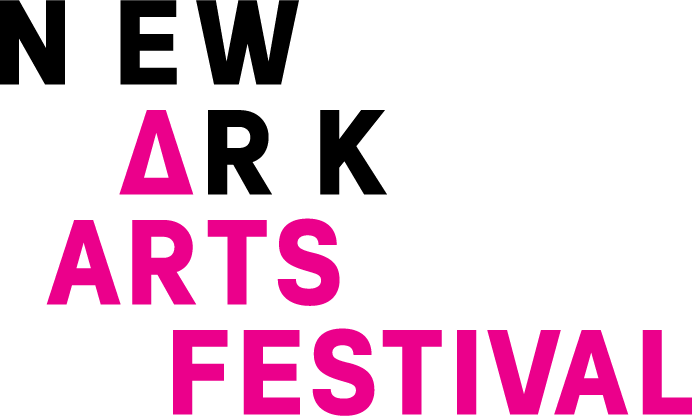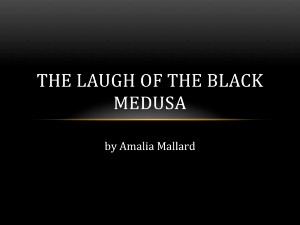
EVENTS A-Z
DAILY SCHEDULE
TOURS
OPEN DOORS KIDS
SPOTLIGHTS
EVENTS FROM A-Z
DAILY SCHEDULE
TOURS & CRAWLS
OPEN DOORS KIDS
SPOTLIGHTS
LEGEND
Open Doors Kids
Open Doors Studio Tour
Visual Arts
Poetry
Film
Accessible Facility
LEGEND
NA Sponsored Spotlight Event
Open Doors Kids
Open Doors Studio Tour
Visual Arts
Poetry
Film
Live Performance
Accessible Facility
ALL EVENTS FROM A-Z
The Laugh of the Black Medusa
The Laughing Archive
The Hahnes Building, Express Newark, 54 Halsey Street, Room 312, Newark, NJ 07102
Saturday, October 12 | 11AM-12PM
Curated by: Amalia Mallard
When Desiree Fairooz was removed from the 2017 U.S. Attorney General confirmation hearing, it wasn’t the first time a woman was persecuted for laughing out loud. In 2015, eleven women were kicked off a Napa Valley wine train, sparking the Twitter hashtag: #LaughingWhileBlack. Laughter in recorded music reveals how women circumvent patriarchy, point out false truths, create space for unhindered expression, and reconcile a divided mind. Maya Angelou called black laughter a “survival apparatus.” Yet, black women’s laughter was unheard until nearly 30 years after the inception of the recording industry – revealing feminist attitudes in a hidden second narrative signaled by the laugh. However, the use of laughter as a deliberate musical and literary device by women on record begins to rise in the 1960s. While Helene Cixous challenges the myth of Medusa in “The Laugh of the Medusa” (1976), Zora Neale Hurston revives the pre-Brer Rabbit/ trickster myth of High John De Conquer in 1943, “the source and soul of our laughter and song.” Both help us to consider how the “female trickster” has been constructed, revealed and reviled in recorded music.
SPONSORS





Supported in part by a grant from NJ Department of State, Division of Travel and Tourism.
SPONSORS





Supported in part by a grant from NJ Department of State, Division of Travel and Tourism.


